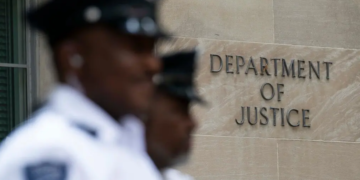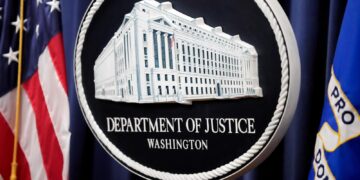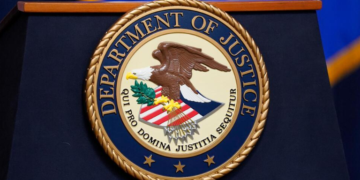Jan 13, 2025 Story by: Editor
The Emmett Till Unsolved Civil Rights Crime Act, first introduced on February 8, 2007, by Representative John Lewis (GA) and Senator Christopher Dodd (CT), gained bipartisan support, including that of then-Senator Barack Obama (IL). The NAACP played a key role in advocating for its passage, which culminated in its enactment as Public Law #110-344 when President George W. Bush signed it into law on October 7, 2008.
This legislation directs the FBI and other agencies within the Department of Justice to “(1) expeditiously investigate unsolved civil rights murders, due to the amount of time that has passed since the murders and the age of potential witnesses; and (2) provide all the resources necessary to ensure timely and thorough investigations in the cases involved.” Additionally, the Act mandates the Attorney General to appoint a Deputy Chief in the Civil Rights Division’s Criminal Section to oversee its implementation. To support this effort, up to $10 million per year from 2008 to 2017 was authorized for allocation.
However, no Attorney General has ever requested the full $10 million authorized by the Act. Moreover, there has been a lack of coordinated federal and local law enforcement efforts to identify or account for individuals who disappeared or were murdered between 1954 and 1969.
According to the Attorney General’s 2009 Annual Report to Congress, of the 107 “open” cases identified, 14 were closed within six months of the Act’s passage. In the following three years, only two additional cases were opened, while 89 cases were closed—primarily due to suspects being deceased or deaths determined not to be racially motivated. Notably, the Department of Justice has closed 75% of these cases, leaving only 27 cases under active investigation.
The NAACP has expressed concerns about the lack of substantial investigative progress since the Act’s implementation. The Justice Department’s annual reports to Congress have been criticized for providing repetitive summaries of pre-Act achievements rather than detailing comprehensive investigative activities aimed at solving these cases. Furthermore, funds authorized by Congress to assist state and local law enforcement and community collaboration efforts remain significantly underutilized.
The NAACP has also voiced alarm that cases may have been prematurely closed, potentially allowing living members of hate groups involved in these killings to evade accountability.
Call to Action
In response, the NAACP is urging the U.S. Attorney General to take immediate action to fully implement the Act. Their recommendations include:
- Establishing federal and state task forces to conduct thorough investigations into unsolved civil rights murders.
- Securing the necessary funds from the Congressional Appropriations Committee.
- Engaging local law enforcement and civil rights organizations to support investigations.
- Reopening cases where current investigations rely solely on outdated file reviews.
- Providing unedited case files to families of victims via expedited Freedom of Information Act (FOIA) requests.
- Appointing an independent federal prosecutor to oversee the investigation, accounting, and prosecution of cases under the Act.
- Ensuring Congressional oversight hearings to monitor the Department of Justice and FBI’s progress in fulfilling the Act’s mandate.
The NAACP remains steadfast in its commitment to achieving justice for the victims of unsolved civil rights-era murders and ensuring that their families receive the closure they deserve. Source: NAACP
















